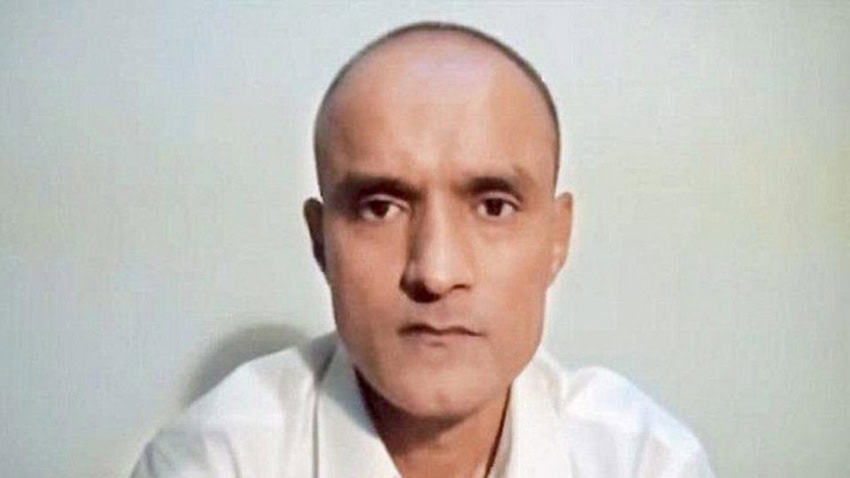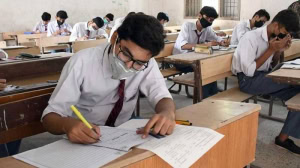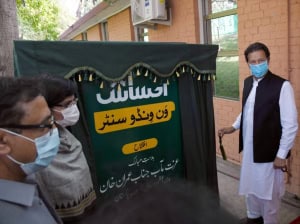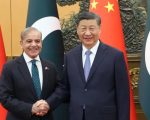NEW DELHI – The Narendra Modi administration in a bid to rescue RAW agent Kulbhushan Jadhav moved International Court of Justice but the move seemed to backfire, it emerged on Friday.
Days after Pakistan Army’s media wing announced the death sentence for RAW spy Kulbhushan Jadhav, Indian media and politicians began to accuse Pakistan of premeditated murder.
India, in its attempt to let Kulbhushan get off the hook moved International Curt of Justice to stay the execution. The Indian media, known for its traditional anti-Pakistan stance, started talking about the fact that ICJ had put a stay regarding the execution.
The claim turned out to be false as ICJ announced that it had only received an application from the Indian side but there was no truth in staying the execution.
According to latest reports, Pakistan revised its commitment to the ICJ and had withdrawn all domestic and national security related issues from the jurisdiction of the court on March 29, thus making it impossible for Modi-led India to pin down Pakistan in this case.
Renowned Indian strategic affairs commentator Brahma Chellany wrote in one of its articles that ICJ may not have the ability to enforce its final order due to Pakistan’s early revision of its terms with ICJ.
In a declaration to the ICJ, days before the announcement of death sentence to Kulbhushan Jadhav, Pakistan had informed the court that issues related to its domestic sphere and national security issues would no longer be part of the ICJ jurisdiction.
“Disputes relating to or connected with any aspect of hostilities, armed conflicts, individual or collective self-defence or the discharge of any functions pursuant to any decision or recommendation of international bodies, the deployment of armed forces abroad, as well as action relating and ancillary thereto in which Pakistan is, has been or may in future be involved,” stated the declaration made by its envoy to the United Nations, Maleeha Lodhi.
India can also bring forth the Vienna convention inked in 1961 to save the life of Kulbhushan but it would be of no use because the convention applies to diplomats and not to spy agents.
Article 29 of the convention states that the person of a diplomatic agent shall be inviolable. “He shall not be liable to any form of arrest or detention. The receiving or host state shall treat him with due respect and shall take all appropriate steps to prevent any attack on his person, freedom or dignity.” But before jumping the gun remember that diplomatic immunity can’t be stretched to protect spy agents.
The convention that was also quoted during the trial of Raymond Davis also suggests that any action done personally and outside the ambit of official consular duties shall not be covered by “diplomatic immunity.”
The ICJ would start its proceedings from May 15 and will hear India’s observations in the first session and that of Pakistan in the second session, according to ICJ’s latest press release.
The hearing will be streamed live and on demand (VOD) on the ICJ’s website, as well as on the United Nations online television.
















